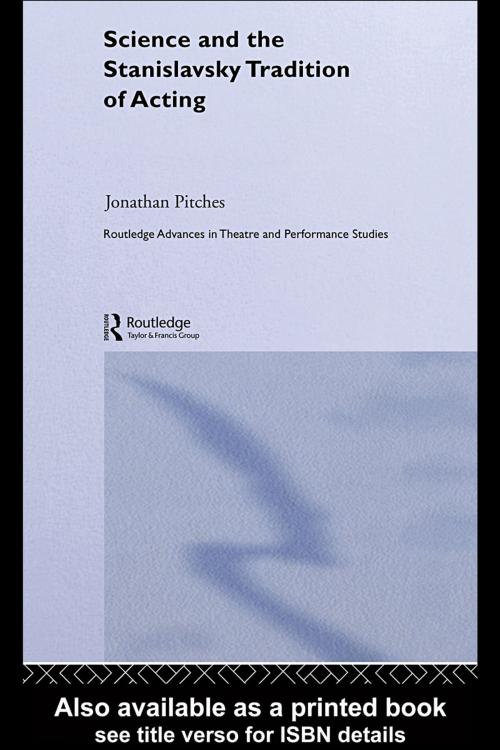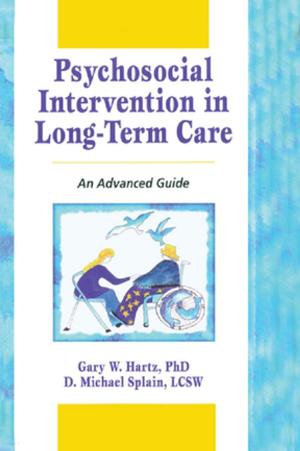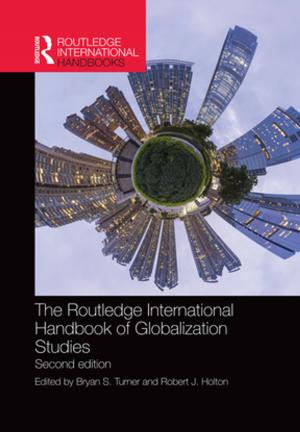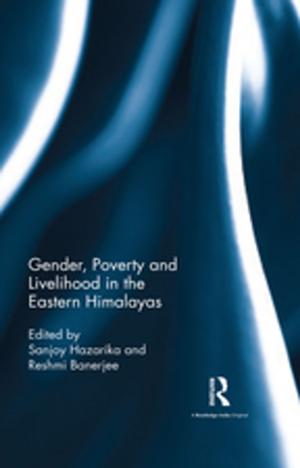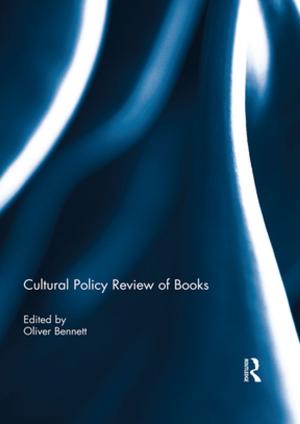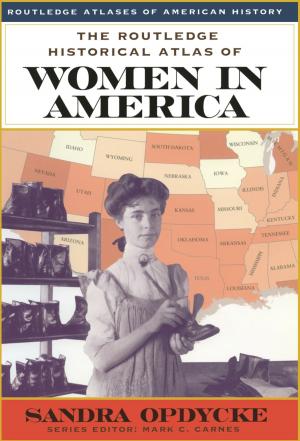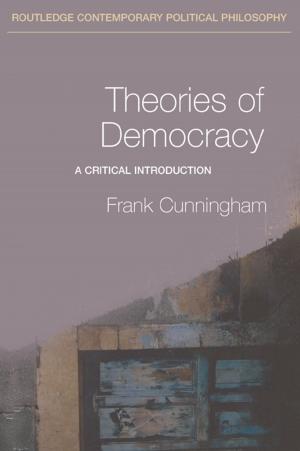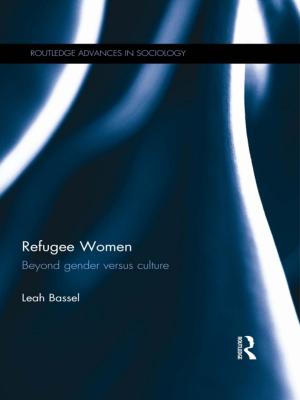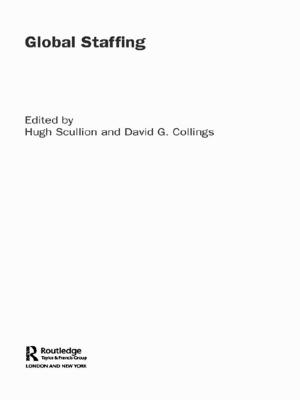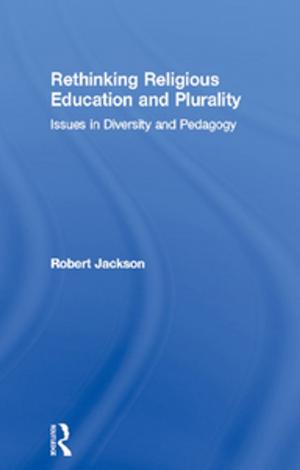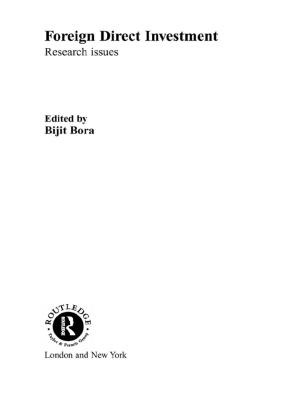Science and the Stanislavsky Tradition of Acting
Nonfiction, Entertainment, Performing Arts, Theatre, Acting & Auditioning| Author: | Jonathan Pitches | ISBN: | 9781134332328 |
| Publisher: | Taylor and Francis | Publication: | September 21, 2005 |
| Imprint: | Routledge | Language: | English |
| Author: | Jonathan Pitches |
| ISBN: | 9781134332328 |
| Publisher: | Taylor and Francis |
| Publication: | September 21, 2005 |
| Imprint: | Routledge |
| Language: | English |
Providing new insight into the well-known tradition of acting, Science and the Stanislavsky Tradition of Acting is the first book to contextualise the Stanislavsky tradition with reference to parallel developments in science. Rooted in practice, it presents an alternative perspective based on philosophy, physics, romantic science and theories of industrial management.
Working from historical and archive material, as well as practical sources, Jonathan Pitches traces an evolutionary journey of actor training from the roots of the Russian tradition, Konstantin Stanislavsky, to the contemporary Muscovite director, Anatoly Vasiliev. The book explores two key developments that emerge from Stanislavsky’s system – one linear, rational and empirical, while the other is fluid,organic and intuitive. The otherwise highly contrasting acting theories of Vsevolod Meyerhold (biomechanics) and Lee Strasberg (the Method) are dealt with under the banner of the rational or Newtonian paradigm; Michael Chekov’s acting technique and the little known ideas of Anatoly Vasiliev form the centrepiece of the other Romantic, organic strain of practice.
Science and the Stanislavsky Tradition of Acting opens up the theatre laboratories of five major practitioners in the twentieth and twenty-first centuries and scrutinises their acting methodologies from a scientific perspective.
Providing new insight into the well-known tradition of acting, Science and the Stanislavsky Tradition of Acting is the first book to contextualise the Stanislavsky tradition with reference to parallel developments in science. Rooted in practice, it presents an alternative perspective based on philosophy, physics, romantic science and theories of industrial management.
Working from historical and archive material, as well as practical sources, Jonathan Pitches traces an evolutionary journey of actor training from the roots of the Russian tradition, Konstantin Stanislavsky, to the contemporary Muscovite director, Anatoly Vasiliev. The book explores two key developments that emerge from Stanislavsky’s system – one linear, rational and empirical, while the other is fluid,organic and intuitive. The otherwise highly contrasting acting theories of Vsevolod Meyerhold (biomechanics) and Lee Strasberg (the Method) are dealt with under the banner of the rational or Newtonian paradigm; Michael Chekov’s acting technique and the little known ideas of Anatoly Vasiliev form the centrepiece of the other Romantic, organic strain of practice.
Science and the Stanislavsky Tradition of Acting opens up the theatre laboratories of five major practitioners in the twentieth and twenty-first centuries and scrutinises their acting methodologies from a scientific perspective.
